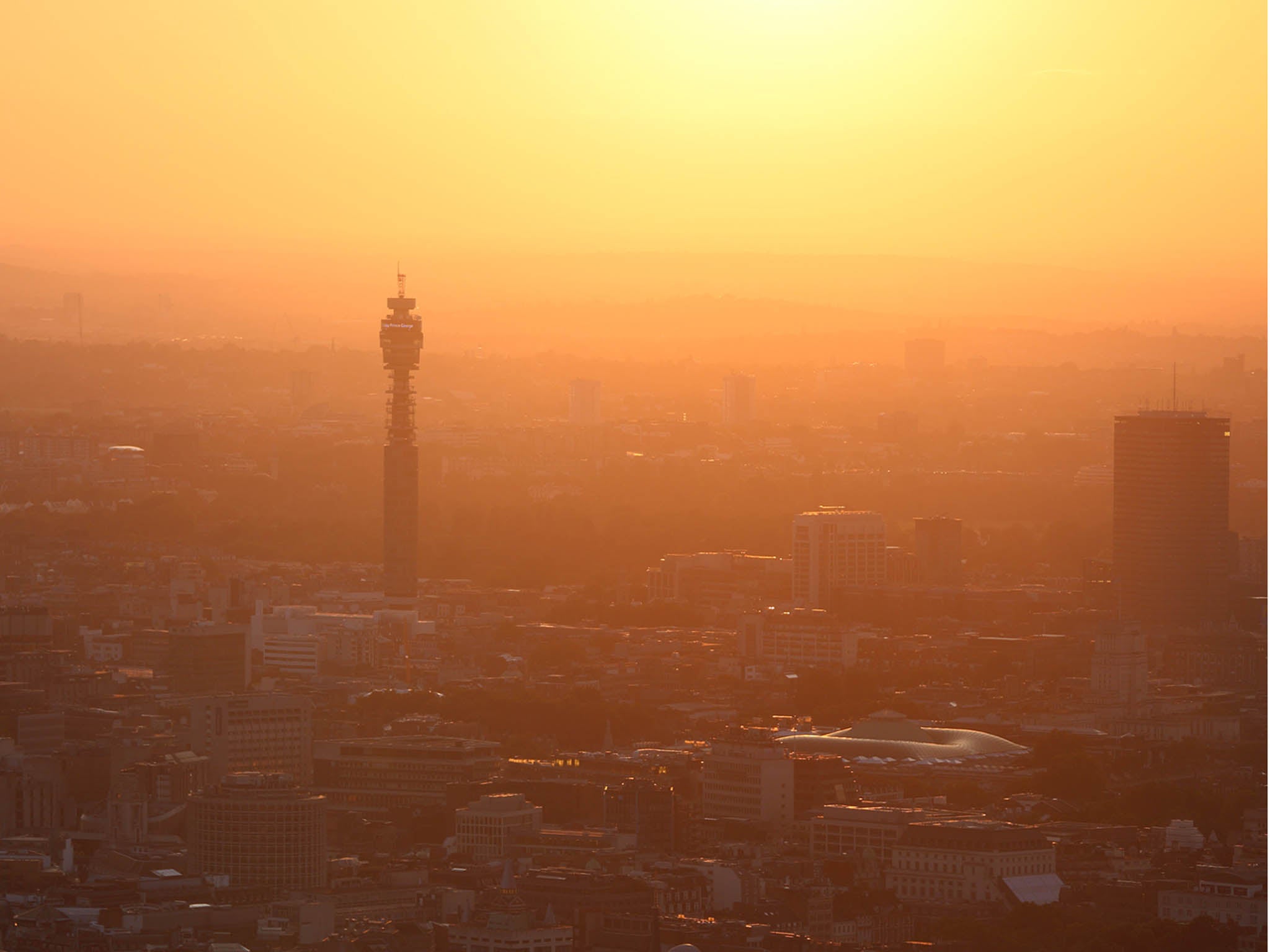Your support helps us to tell the story
From reproductive rights to climate change to Big Tech, The Independent is on the ground when the story is developing. Whether it's investigating the financials of Elon Musk's pro-Trump PAC or producing our latest documentary, 'The A Word', which shines a light on the American women fighting for reproductive rights, we know how important it is to parse out the facts from the messaging.
At such a critical moment in US history, we need reporters on the ground. Your donation allows us to keep sending journalists to speak to both sides of the story.
The Independent is trusted by Americans across the entire political spectrum. And unlike many other quality news outlets, we choose not to lock Americans out of our reporting and analysis with paywalls. We believe quality journalism should be available to everyone, paid for by those who can afford it.
Your support makes all the difference.Figures from Nielsen released this week pointed to the strongest UK grocery sales in five years thanks to the heatwave.
Separate data from the Kantar Worldpanel also showed supermarket sales spiking over the 12 weeks to the 15 July, with credit given to “the prolonged hot weather”.
Yet official data from the Office for National Statistics showed an unexpected fall in retail sales volumes in June, with the agency saying that “consumers stayed away from stores and instead enjoyed the World Cup and the heatwave”.
So is the heatwave likely to boost retail sales, or not?
And will it have any positive effect on the wider economy?
Why would a heatwave spur spending?
For the obvious reasons.
People buy things they need to cope with or enjoy the hot weather. Kantar says that Britons stocked up on items such as barbecue firelighters, alcohol and sun cream.
Domestic tourism can also get a boost.
There’s also the feel good factor. If people are happier because of the hot weather the theory is that consumer confidence will be higher and they will spend more in the shops.
But economists stress that the economic impact can be ambiguous.
“It is a bit of a double edged sword,” says Howard Archer of the EY Item Club.
“On the positive side it obviously boosts demand for food and drink, most notably for barbecues. It can also lift demand for summer clothing, particularly if the weather has not been great before the heatwave occurs. Sales of outdoor recreational goods, sunglasses, suntan [lotion], fans etc will also be boosted. However, extended fine weather may also deter people from going to the shops or even sitting indoors and ordering online.”
“A lot of ‘additional spend’ [in a heatwave] is no such thing,” says Simon French of Panmure Gordon.
“Pubs are taking spend share off restaurants and food spend is also a rotation of spending patterns rather than volume increase.”
Mr French is also sceptical of the consumer confidence boost channel.
“The [aggregate UK household] savings ratio being so low means that the ability for consumer confidence boost to translate into additional spending is limited. You can make a stronger argument for the weather impact when households have latent capacity [but] most indicators suggest they haven’t.”
Other economists point out that hot temperatures can adversely affect workers’ productivity levels.
How big a part of the economy are retail sales?
According to the ONS, roughly £400bn was spent on retail sales, including fuel, in 2017.
Total GDP last year was around £2 trillion, meaning retail sales account for roughly a fifth of the economy.
So a decent performance from retail sales in a quarter can deliver a significant boost to overall growth. Indeed, despite the slippage in June, the ONS estimates that over the second quarter retail sales were still up 2.1 per cent.
That alone should deliver 0.4 percentage points to second quarter GDP growth.
That’s very useful after growth slumped to just 0.2 per cent in the first quarter.
So hot weather can generally be expected to boost growth?
Not necessarily.
The UK had a very hot summer in 2003. And GDP grew rapidly in the second half of the year.
However there was a marked growth slowdown in 2004, which signals that any household consumption boost was merely expenditure brought forward rather than being additional.
The last comparable UK heatwave to the current one was in the summer of 1976.
GDP did grow extremely quickly in the second half of that year, rising by 1.2 per cent in the third quarter and 2.1 per cent in the final quarter.
However, that bounce followed recession in 1975 and coincided with the country’s bailout by the IMF, which very likely had more influence on GDP volatility over that period than the hot weather.

Join our commenting forum
Join thought-provoking conversations, follow other Independent readers and see their replies
Comments